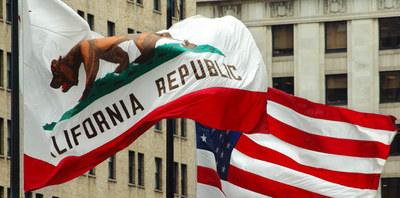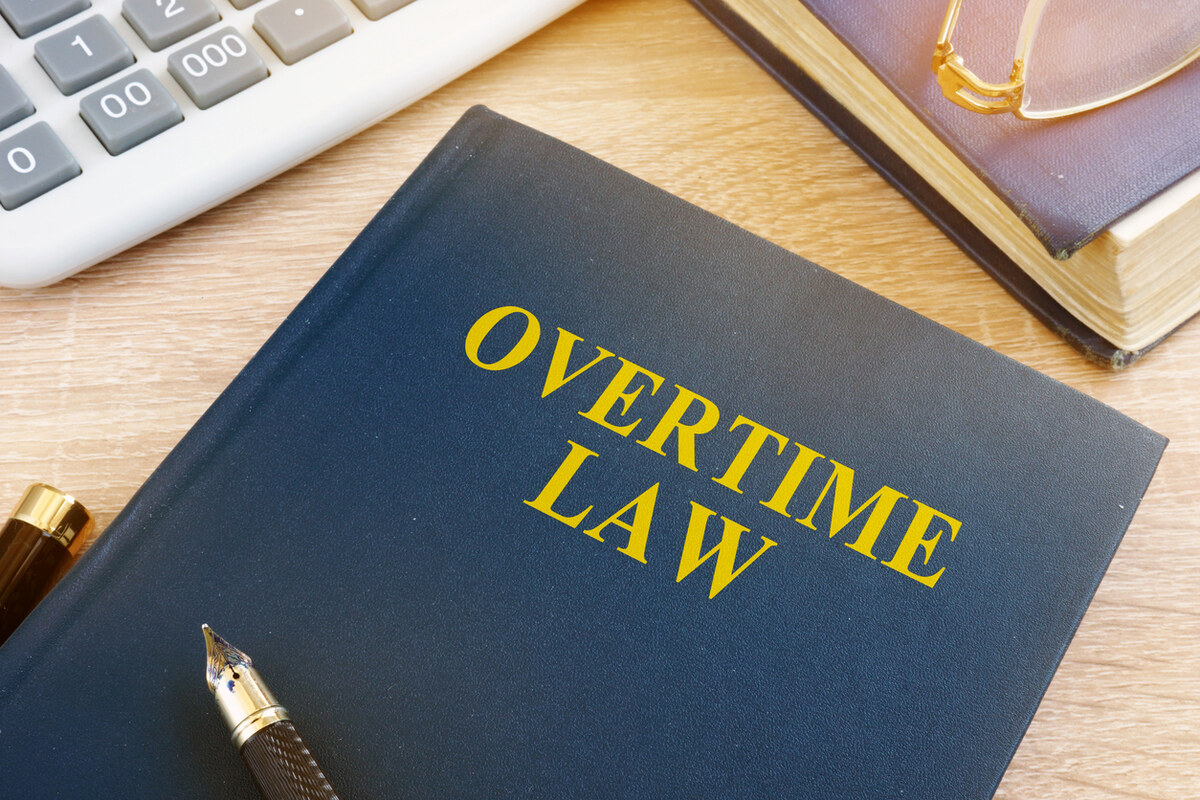California Labor Law Allows Citizens to Sue for Violations

The Private Attorney General Act (PAGA) was created because the California Labor and Workforce Development Agency did not have the resources to investigate all labor code complaints. As a result, PAGA was developed to give private citizens the right to sue for such violations of the code and recover civil penalties on behalf of the state. If the plaintiff is successful in his lawsuit, he and any injured employees are given 25 percent of the penalties along with any money owed by their employer and attorneys’ fees, while the California Labor and Workforce Development Agency keeps 75 percent of the fines.
There are rules for a person to file a lawsuit under PAGA. First, a complaint must be filed with the Labor and Workforce Development Agency. If the agency declines to investigate the complaint, or if it fails to respond to the employee within 33 days, a PAGA lawsuit can be filed, provided it falls within the statute of limitations of one year.
If an employee were to sue for unpaid wages, for example, he could file a suit under the Private Attorney General Act. If he won, he and fellow employees would recover his unpaid wages, which he would keep, plus he and any other harmed employees would receive 25 percent of any civil penalties awarded by the court.
Currently, lawsuits against a variety of plaintiffs filed under PAGA are working their way through the courts. One such lawsuit was filed against Orkin, alleging employees were not properly paid for meal breaks or overtime. According to Courthouse News Service (8/13/13), Orkin argued that the lawsuit should be moved to federal court, but the 9th Circuit found that because the lawsuit was filed under PAGA, which is unique to California, the lawsuit belonged in state court.
The Urbino lawsuit is Urbino v. Orkin Servs. Of California, Inc., No. 11-56944.











1 Comment
david
August 27, 2013